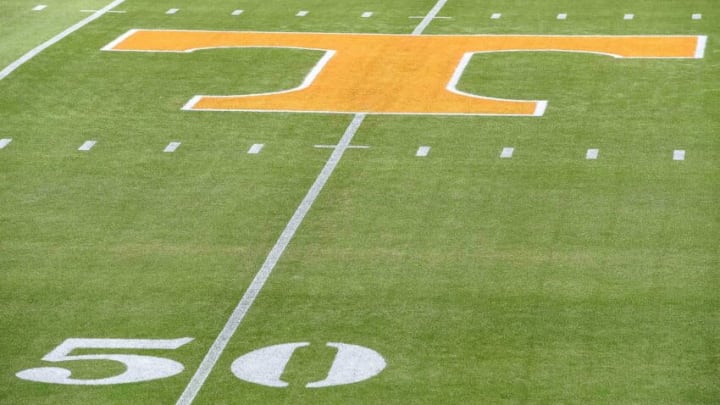
3. Can the Vols’ secondary stop Kentucky’s passing attack from big plays?
Look, we can’t look past Tennessee football’s issues in the secondary. Health was already mentioned as a factor, but no matter what excuse you use, you can’t ignore the fact that they have allowed each of their previous four opponents to throw for over 300 yards, and two of those threw for over 400 yards.
Now, the Vols are facing probably the best drop-back passer in all of them in Will Levis. Again, health is a factor, but you have to assume he will be healthy, and Levis looks like the quarterback best positioned to succeed in the NFL. As a result, in terms of on-field skill, this is by far the biggest advantage Kentucky has.
Can they use it? Well, honestly, they probably will, as they rely on big plays in the passing game for their offense to win, and you never know when those big plays will come. The Vols’ secondary, while problematic, usually limits those types of plays and makes you work to go down the field.
Taking that into account, this is a test for Levis and the Vols’ secondary. It starts with how healthy they are back there, but the real question is if the Vols can prevent big plays over the top. If they do, can Levis methodically move the ball? That’s a huge unknown.
